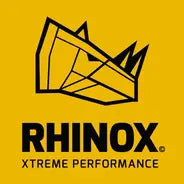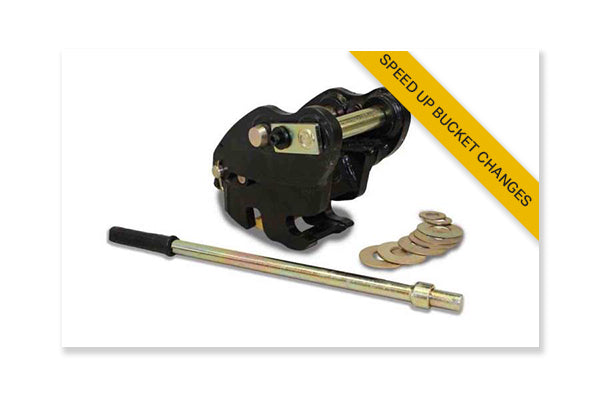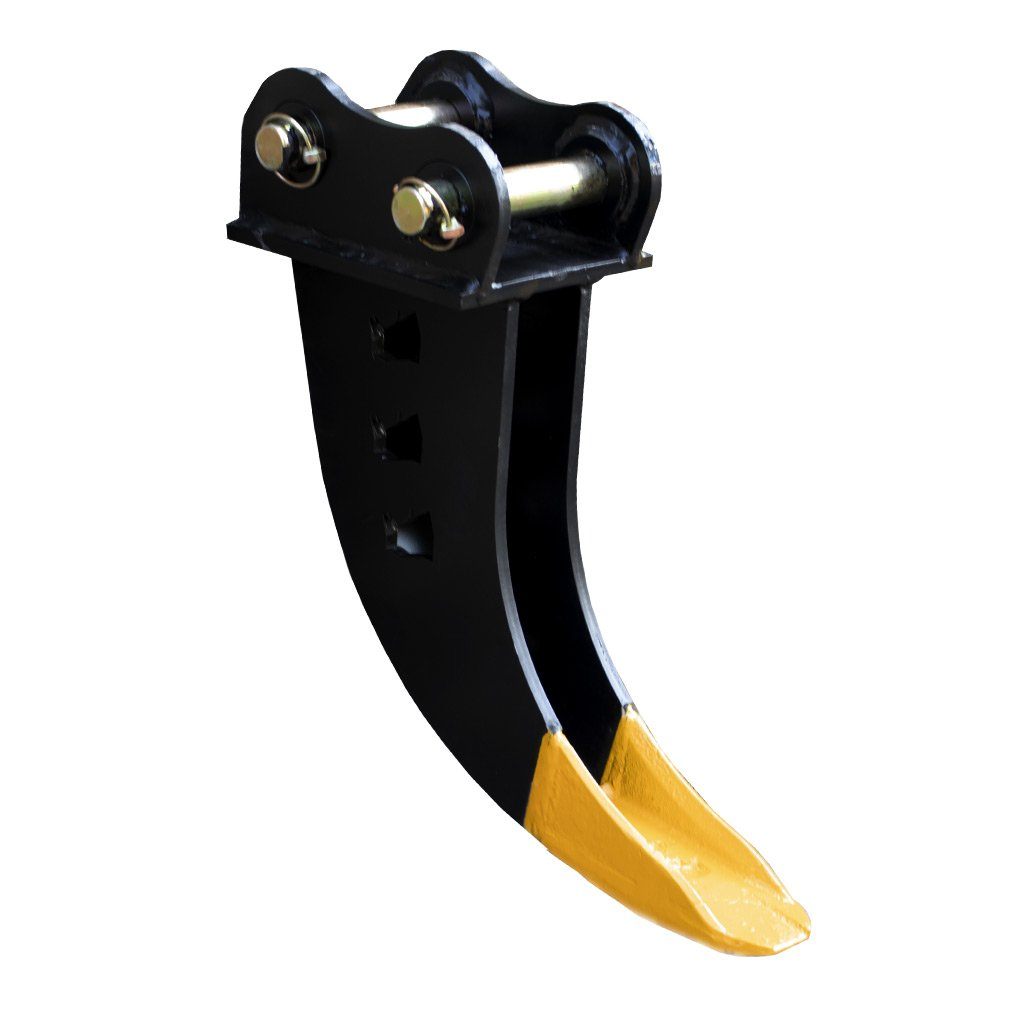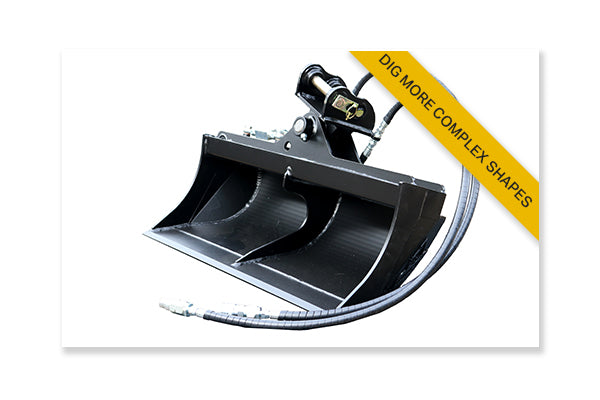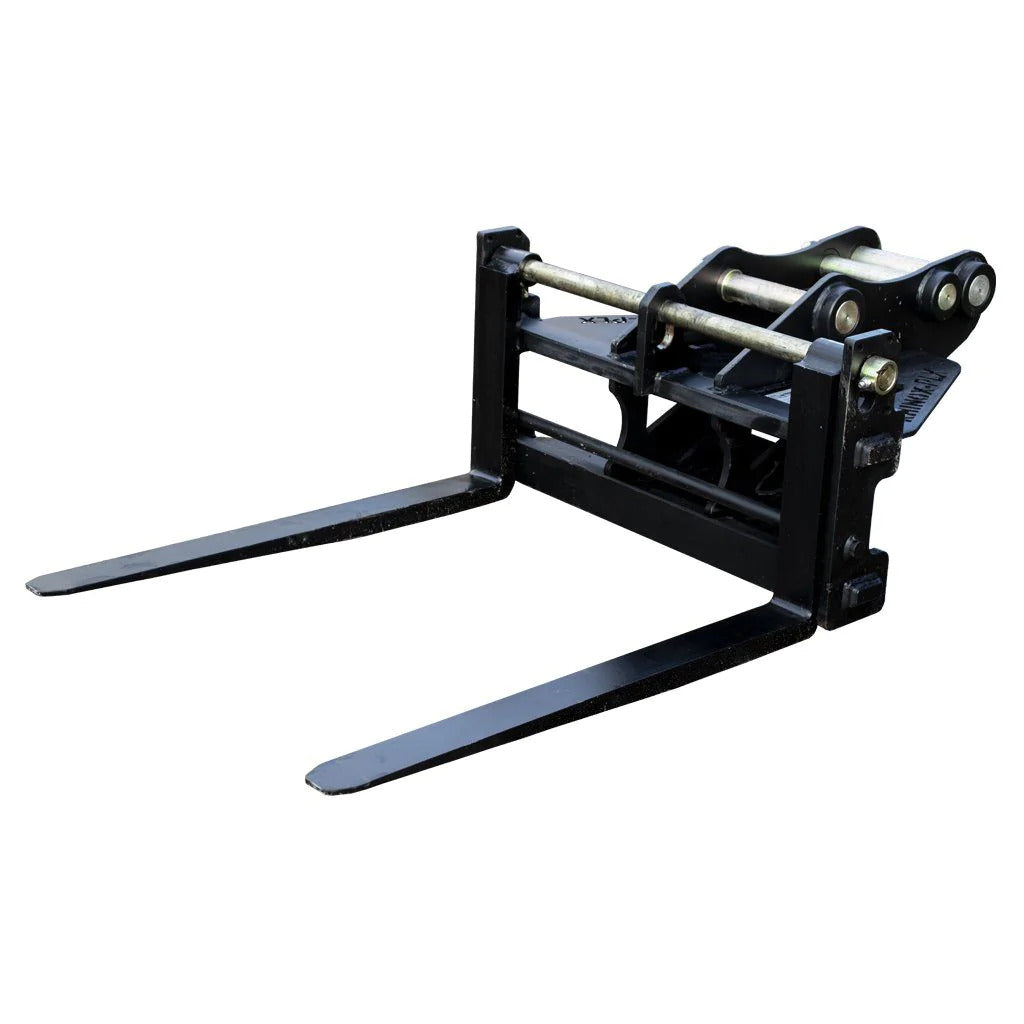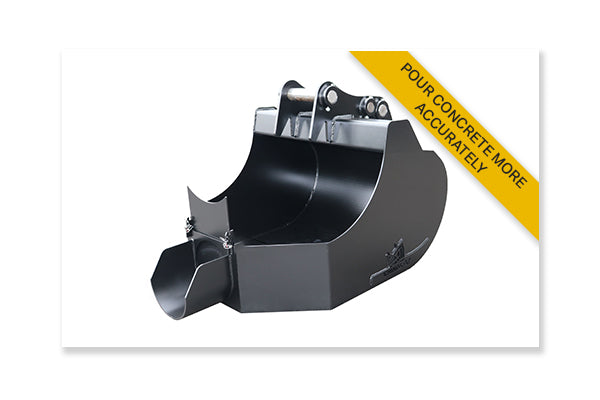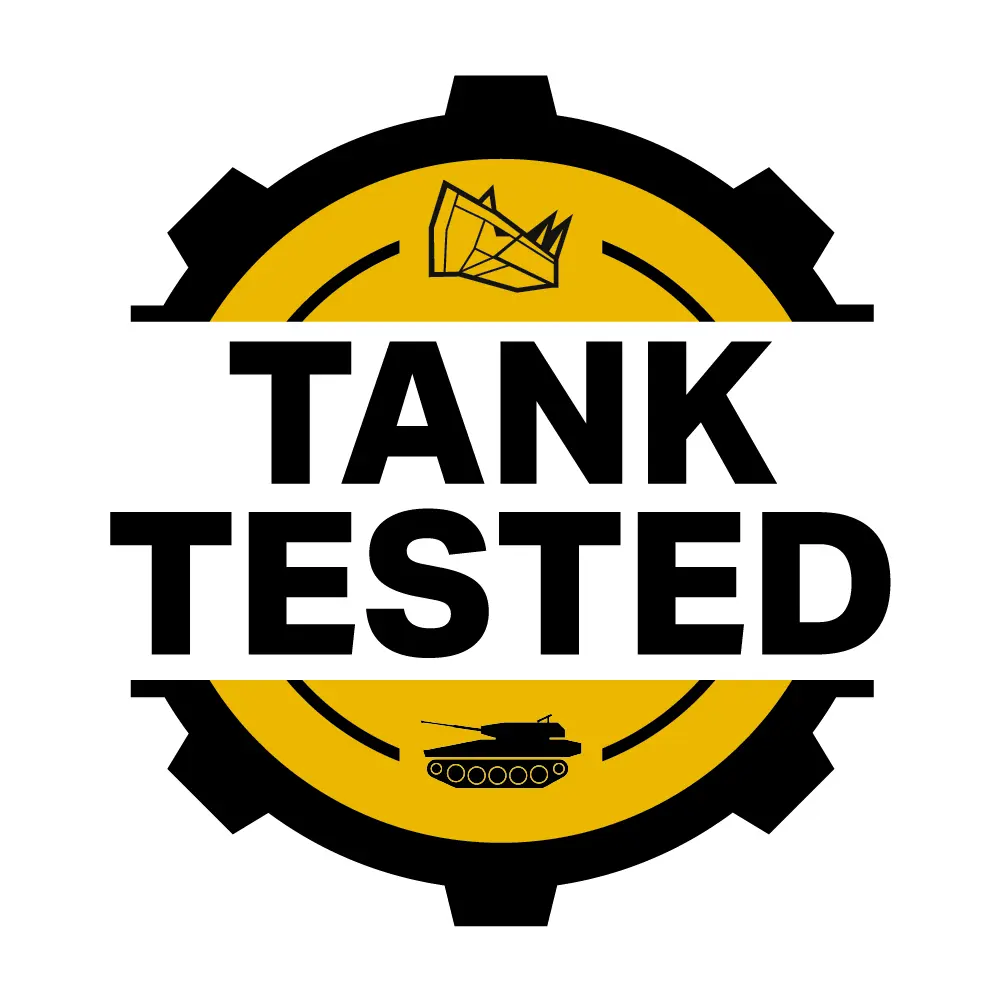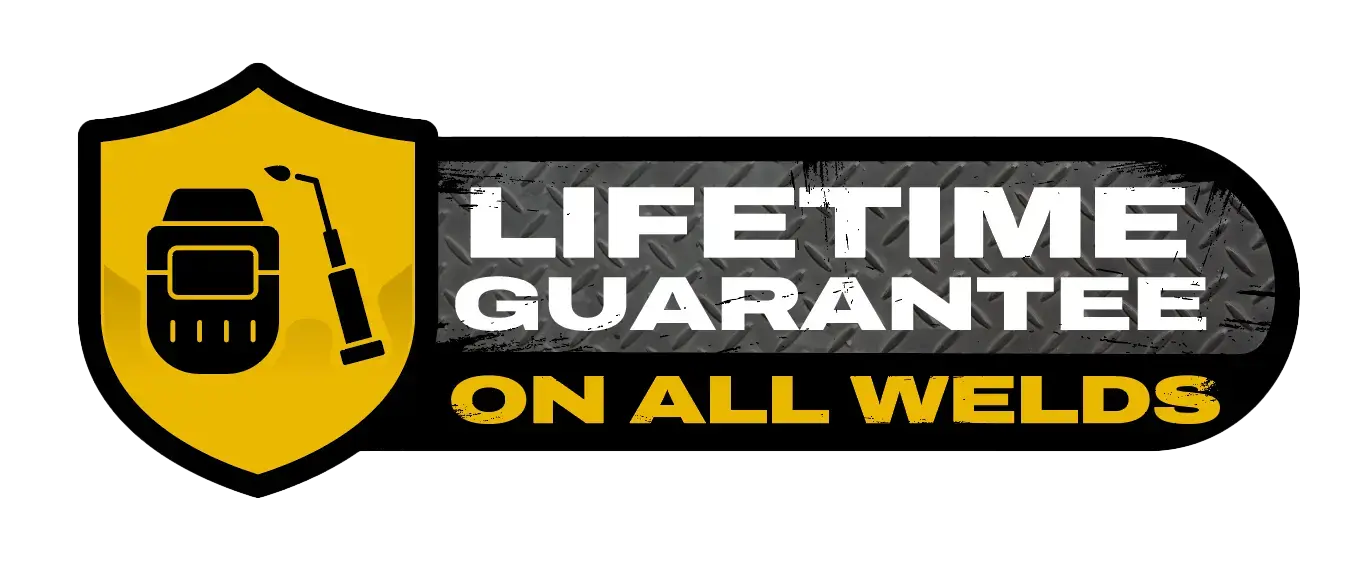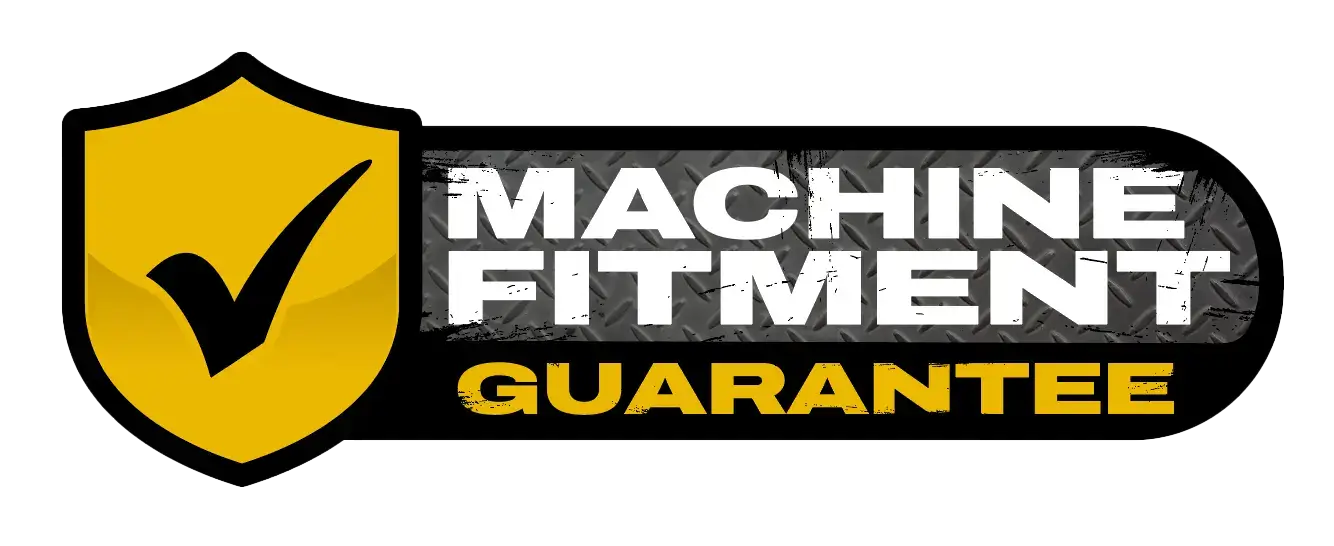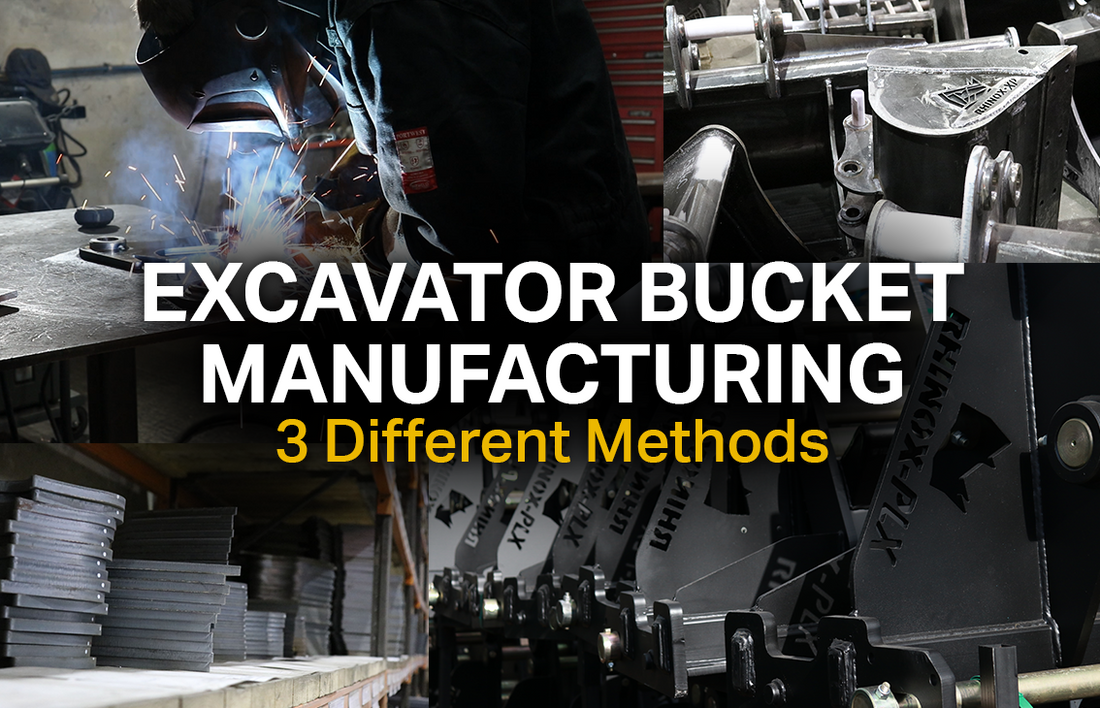
Excavator Bucket Manufacturing - 3 Different Methods
With countless brands offering excavator and telehandler buckets and attachments, choosing the right one for you can be surprisingly tricky. Beyond price and availability, the way a bucket is made - i.e. its manufacturing method - often dictates its strength, lifespan and overall value. Those production differences can make or break your buying decision. Continue reading as we take a closer look at the three main manufacturing approaches used across the excavator bucket manufacturing industry, explain how each process affects delivery and reveal why Rhinox uses a hybrid system to deliver unmatched durability and cost‑effective attachments.
What are the 3 Types of Manufacturing Systems?
Excavator bucket manufacturers generally organise production in one of three ways: make‑to‑order, make‑to‑stock or make‑to‑assemble. Although all three approaches share the goal of turning raw materials into finished goods, each tackles inventory, lead times and customisation differently - creating distinct advantages and drawbacks for both the manufacturer themselves and to you, as the customer.
1) Made-to-Order

Some excavator bucket manufacturers operate on a build-to-order basis, meaning products are only made once an order is placed. Because production doesn’t begin until your purchase is confirmed, you will face a longer wait time while the item is manufactured and then shipped. Excavator bucket manufacturers will favour this approach because it shields them from over‑producing and carrying excess inventory when their is no market demand.
2) Made-to-Stock
Made-to-stock manufacturers, also known as 'stocking manufacturers', have the facilities to manufacture their products before orders are placed and store them for when an order is completed. These products are therefore held 'in-stock' in warehouses, stores or showrooms until purchased. Because the items are already on the shelf, they can be picked, packed and shipped almost immediately, letting customers receive their purchases far sooner than with a made‑to‑order product. But for manufacturers, this approach carries the risk of overproduction, yet often proves worthwhile when buyers need items urgently.
3) Made-to-Assemble
Made-to-Assemble works similarly to a Made-to-Order system; however, the excavator bucket manufacturer cuts and prepares the individual component parts in anticipation of orders being placed. Once an order has been placed, the required components are then assembled, welded and dispatched to the customer. This manufacturing method is quicker than a Made-to-Order system as the components are pre-cut and ready for welding, but not as fast as a Made-to-Stock system as some assembly is still required before dispatch. By completing the time‑consuming steps ahead of time, the manufacturer can keep wait time to a minimum. Although, careful planning must still be carried out to overstocking of components.
What about excavator bucket suppliers that manufacture overseas or import products? Read about overseas manufacturing and importing goods. |
What are the Benefits of Dealing with a Stocking Manufacturer?

At Rhinox, our aim is to provide a quality service with short wait times so you get exactly what you need, when you need it! To achieve this, we provide same day dispatch and next business day delivery across mainland UK. For this, we work on a hybrid system, combining Made-to-Order, Made-to-Assemble and Made-to-stock systems. This means we maintain large stocks of buckets, attachments and hitches, for the most common machine makes and models - this adds up to over 20,000 products at any given time! Additionally, we also keep key component like hanger fitments and lip plates in stock, allowing us to manufacture any product that's out of stock or less commonly requested. Because we design and manufacture every product we sell, we’re able to back each one with market‑leading guarantees: a lifetime warranty on every weld and our machine fitment guarantee so you can have confidence in your Rhinox products for every hour of operation.
By holding a large proportion of our products in-stock, we dramatically shorten wait times. As you're probably aware - time is money and every delay costs. Keeping a large proportion of our buckets and attachments in-stock allows us to dispatch your orders the same day you place them so that you can reduce downtime and get straight back to work!
Keeping the necessary component parts in-stock also means that we can maintain a shorter lead time. We hold bucket and attachment shells without hangers or edge option in stock, to allow us to fit the required components before dispatch. Although this adds a brief finishing step, it’s far faster than building each excavator attachment from scratch - saving you significant time overall.
Learn more about Rhinox:
Purchasing from Rhinox
So, if you want rapid delivery and quality products backed by lifetime weld and fitment guarantees, you can order from Rhinox in two easy ways. Browse our live stock online, add the buckets or attachments you need to your basket and check out today for same‑day dispatch on all in-stock items for next‑business‑day delivery across mainland UK. Prefer a personal touch or have technical questions? Give us a call or email, and one of our expert sales team will answer any queries and place the order for you. Either way, you’ll have premium Rhinox gear on site - and working - before you know it.
